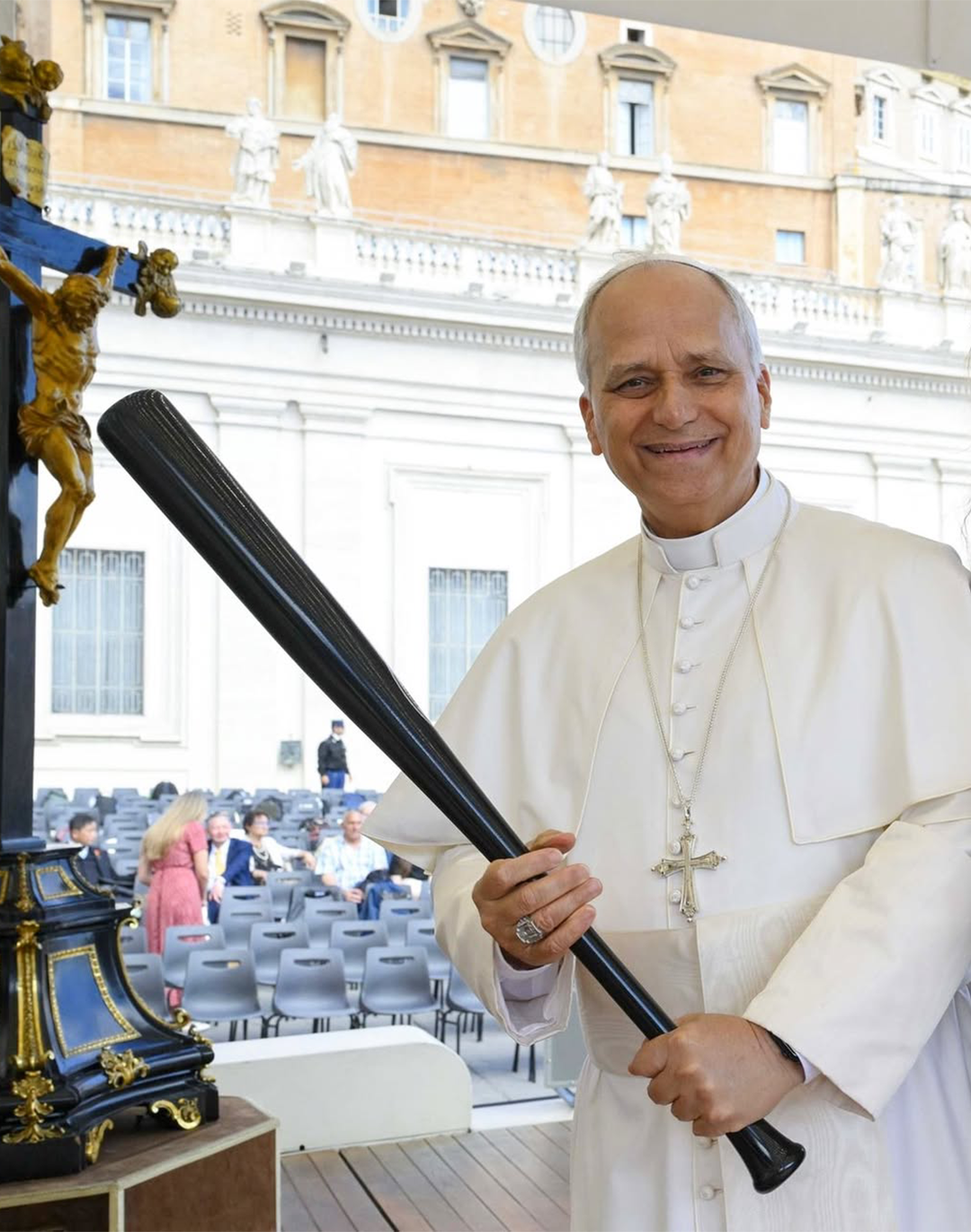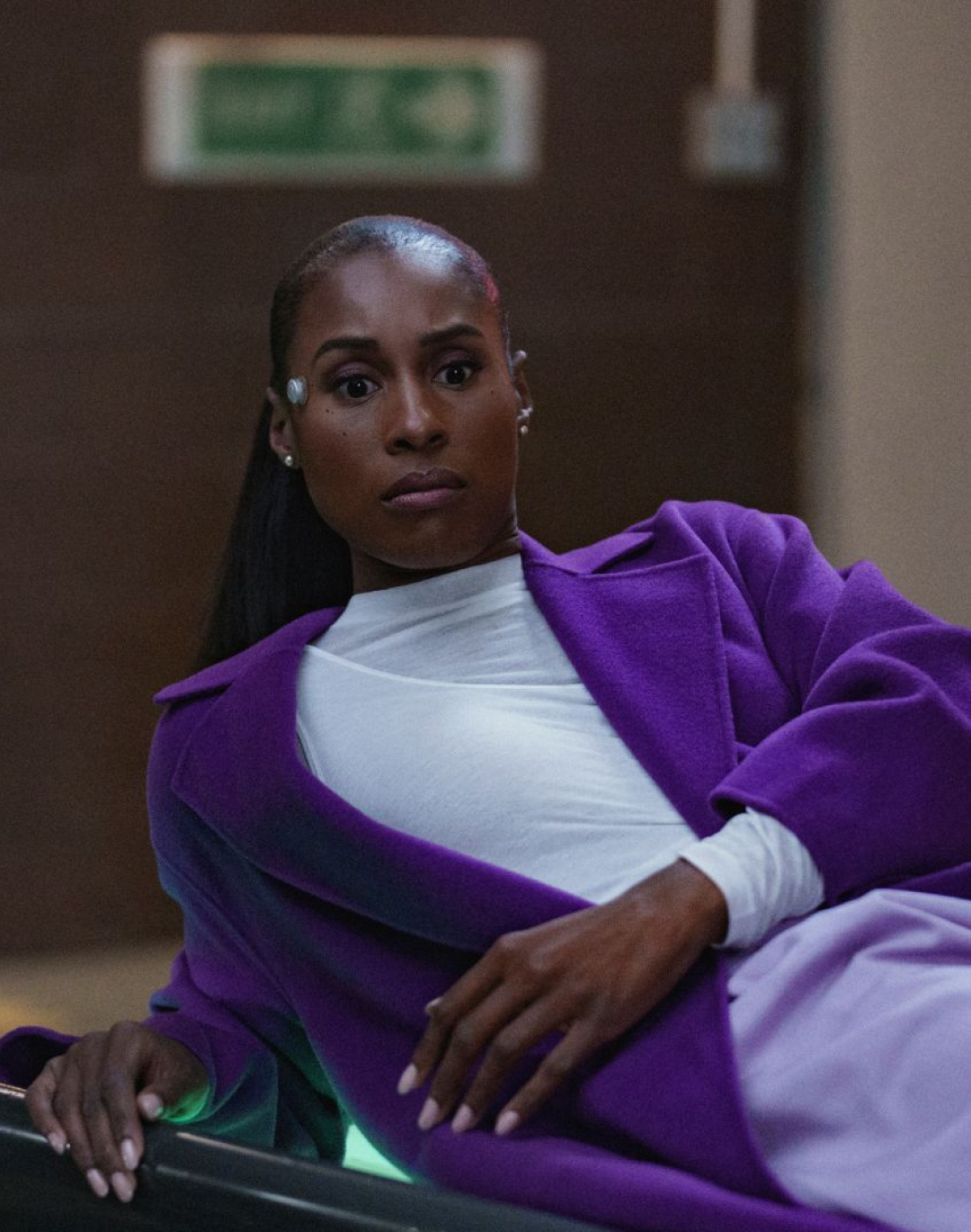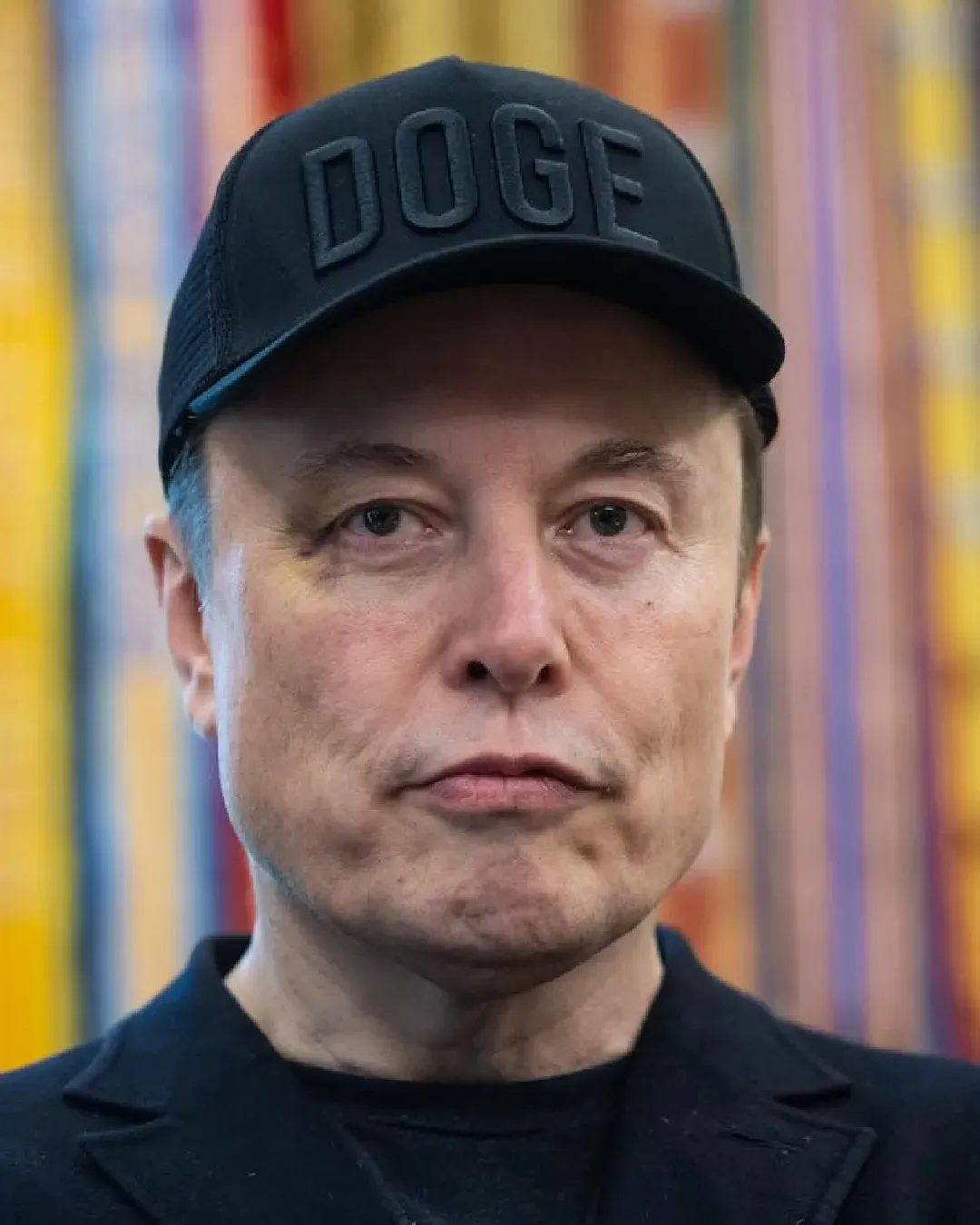
Why entrepreneurs love podcasts And they hate the mainstream media
For a few years now, many major entrepreneurs, especially those from Silicon Valley, prefer to be interviewed by podcasters or content creators in general, rather than traditional media. The New York Times has also noticed this: the reason is that they feel more at ease this way; they have the opportunity to speak more freely, without the fear of having to answer unwelcome or unprepared questions. «Many of the interviews are like fireside chats over beers with the boys», notes the Times. Indeed, in recent years, the often controversial management of major platforms and tech companies has made it increasingly challenging for CEOs to engage with journalists. For this reason, as Bloomberg also points out, much of the tech sector now tends to view mainstream media as hostile, and unjustly critical of them. Even Elon Musk said a few months ago that he would never again be interviewed by Don Lemon, an American television journalist known for having been a CNN host, because of some questions he deemed inappropriate, which had clearly annoyed him.
This is the moment when Elon Musk likely decided to part ways with Don Lemon, giving an anti-speech threat: "So you said if they kill the company it's them, but doesn't the buck stop with you?"
— HalalFlow (@halalflow) March 18, 2024
"I have to say, choose your questions carefully."
"I am not trying to get... I am… pic.twitter.com/AD20lfp2sG
Recently, however, Mark Zuckerberg gave an interview where he seemed at home, probably because there wasn’t a journalist on the other side, but rather a content creator. He was indeed a guest on Acquired, an American podcast that mainly covers finance, listened to by over 700,000 people, and which in the past has interviewed executives from companies like Uber and Starbucks, among many others. Here, Zuckerberg freely discussed artificial intelligence and the metaverse, with a rather inspirational focus on his career path. What was surprising was that he appeared much more spontaneous and comfortable than usual: for years, he had been judged as rigid and stiff, partly because in several interviews with journalists and during parliamentary hearings, he had come across as “robotic” and terse. In this sense, Zuckerberg had long been considered the opposite of Musk, who has always stood out for being much more direct. In recent months, however, Meta's chief has revamped his communication, starting with his public image – made to appear more “pop” and less “nerdy.” Demonstrating how relaxed he was, during the Acquired event, Zuckerberg wore a t-shirt custom-made by American designer Mike Amiri, with a Greek inscription that reads «learning through suffering». This is a notable change for someone who – to give an idea – ten years ago always wore the same t-shirt model: a way, he said, to reduce the number of decisions to make during the day, but which inevitably conveyed a very austere image of himself – and journalists tended to treat him accordingly.
The podcasts where entrepreneurs feel at ease
@omarkattanjr Social media billionaires answer the meaning of life on the Lex Fridman Podcast #lexfridman #lexfridmanclips #lexfridmanpodcast #lifeadvice #motivation original sound - Omar Kattan
Acquired is not the only podcast attracting more and more prominent tech CEOs. One of the most popular programs in this regard is the Lex Fridman Podcast, which in recent years has hosted personalities like Jeff Bezos, Sam Altman, and Nvidia’s Jensen Huang, among others. In just a few years, the podcast has become a “safe place” for the tech elite, writes Business Insider, who feel more comfortable expressing themselves freely here. Last year, for instance, Zuckerberg gave a long interview on the Lex Fridman Podcast within the metaverse itself, appearing as an avatar. Elon Musk is also a recurring guest on the podcast: a few months ago, he recorded a long conversation, over eight hours in duration, mainly focused on Neuralink – a company he founded that is developing interfaces to connect the human brain to computers. The ability to converse without too many expectations with prominent figures in the American tech sector has made programs like Acquired and the Lex Fridman Podcast very popular, not just in Silicon Valley. This has also led to the rise of a network of podcasters, YouTubers, influencers, and generally content creators specializing in this area. Thanks to a widespread form of compliance, these programs often manage to attract key figures from the industry, reaching very large audiences, so much so that they compete with mainstream media. Unlike the latter, however, the entrepreneurs interviewed are never "put on the spot"; rather, there is an effort to praise them, something that evidently appeals greatly to those being interviewed.















































